Academic Publications
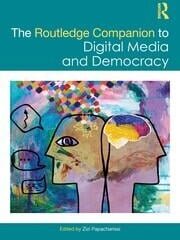
Polarization and Connection in the Digital Age
The Routledge Companion to Digital Media and Democracy

Platformed Publics: Algorithms, Affordances, and the Recomposition of Authority
Proceedings of the 59th Hawaii International Conference on System Sciences

The Ambivalent Art of Living with Chinese Social Media: Digital Vulnerability and Practices of Self-Care
Decolonising Approaches to Users and Audiences in the Global South

New Tech, Same Goals: Why Political Communication Hasn’t Changed Much Despite AI
Journal of Media Ethics, 1–2

Better Access: Data for the Common Good
Knight-Georgetown Institute
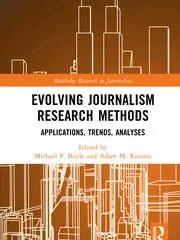
Focus Groups in Journalism Research: A Reappraisal
Evolving Journalism Research Methods: Applications, Trends, Analyses

When AI Calls the Shots in Political Communication
Journal of Media Ethics, 1–3

Ambedkar, Pragmatic Buddhism, and Democratic Pluralism
Provincialising Pluralism: Difference and Diversity in South Asian Traditions
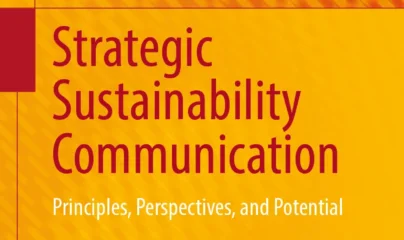
Sustainable and Just? Access to Sustainable Goods and Environmental Justice
Strategic Sustainability Communication: Principles, Perspectives, and Potential

Science Communication for Scientists: Linking Strategy with Creativity, Practice, and Respect
Routledge

Uncovering butchness: how the Butch Lesbian subreddit on Reddit helped me understand myself
Handbook on Gender and Digital Media
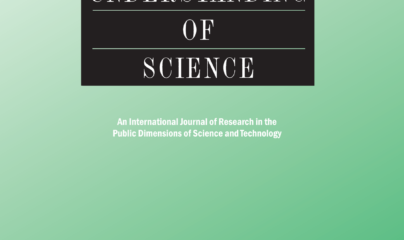
Scientists’ public engagement goals: Perceived importance and personal prioritization
Public Understanding of Science
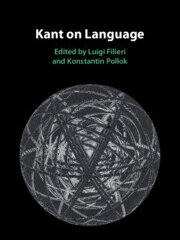
Kant and the Moral Challenges of Rhetoric
Kant on Language
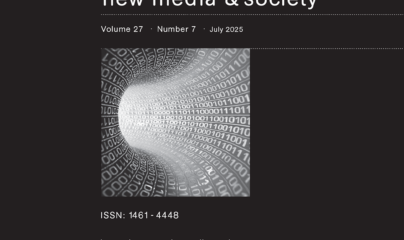
The persuasive potential of virtual time travel using augmented reality: Focusing on the role of temporal presence
New Media & Society
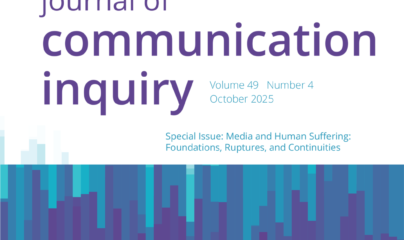
Media and Human Suffering: Foundations, Ruptures, and Continuities
Journal of Communication Inquiry, 49(4)
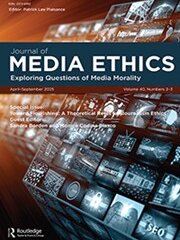
Are Televised Presidential Debates Good for Democracy?
Journal of Media Ethics

Unveiling the Veil: Examining the Stereotyping of Hijab in Internet Memes and GIFs
International Journal of Communication, 19, 674-697
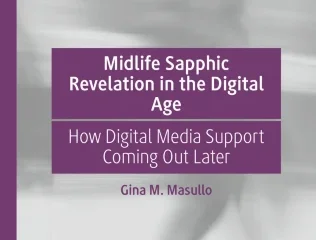
Midlife Sapphic Revelation in the Digital Age: How Digital Media Support Coming Out Later
Palgrave Macmillan Cham

The consequences of “The Bird is Free”: A computational analysis of aversive LGBTQIA+ tweets and engagement trends before and after Elon Musk dismantled the platform’s moderation system
New Media & Society
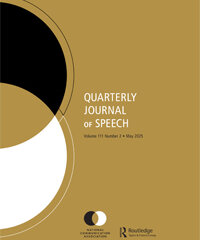
Toward the inclusion of caste and the anti-caste tradition in rhetorical studies
Quarterly Journal of Speech
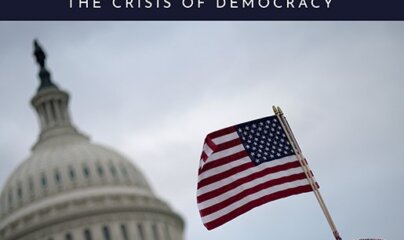
How QAnon Developed from a Fringe Group to a Digital Surrogate for the GOP
Connective Action and the Rise of the Far-Right: Platforms, Politics, and the Crisis of Democracy
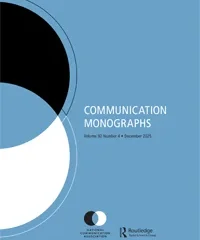
Whistleblowing, anonymity, and the Norwegian National Lottery: How to keep a secret identity for 29 months
Communication Monographs, 92(4), 728–750

A Solidarity Framework for Representing Suffering: Resisting a Desensitizing Status Quo of Normalizing Social Injustice
Journal of Communication Inquiry
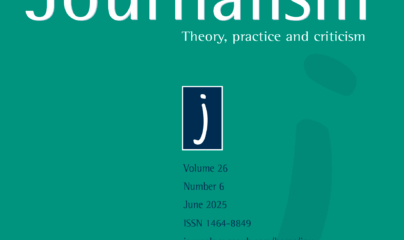
“Bogeyman terms”: Understanding politically conservative Americans’ folk theories about news bias
Journalism

The Effects of Political Advertising on Facebook and Instagram before the 2020 US Election
NBER Working Paper No. 33818

How Personal Narratives Empower Politically Disinclined Individuals to Engage in Political Discussions
Websci '25: Proceedings of the 17th ACM Web Science Conference 2025

Framing the Fray: Conflict Framing in Indian Election News Coverage
Websci '25: Proceedings of the 17th ACM Web Science Conference 2025
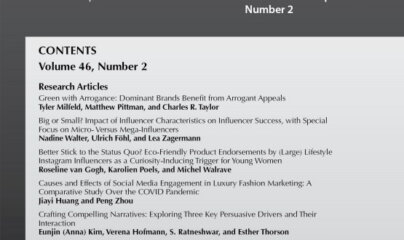
“For Your Health” Versus “For the Environment”: Exploring Congruency and Incongruency Between Message Appeals and Temporal Framing
Journal of Current Issues & Research in Advertising
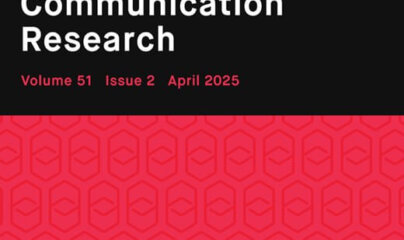
Intellectual humility’s effects on political polarization and engagement
Human Communication Research


